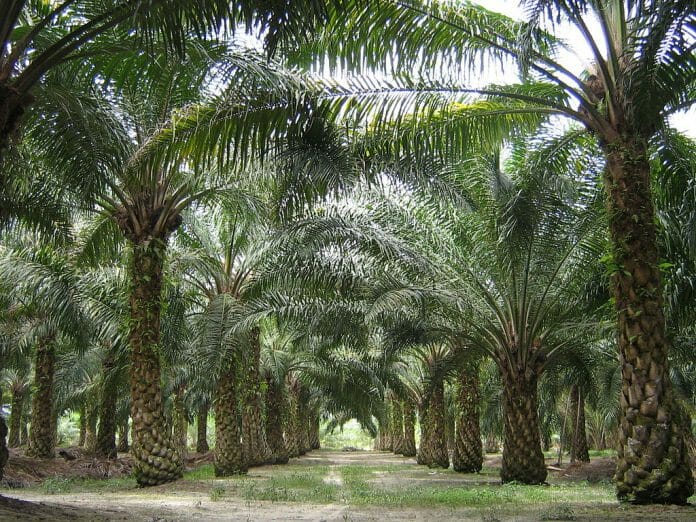This week, the Indonesian Government has made several changes. First, it removed the IDR14,000/litre price ceiling for packaged cooking oil, while keeping the price subsidy for bulk cooking oil. Then, it revoked the 30% DMO (Domestic Market Obligation) one week after raising it to 30%, from 20%. Third, it raised the export tax and levies on CPO to a USD575.00/tonne limit (from USD375.00/tonne), if prices exceed USD1,500/tonne (from USD1,000/tonne).
The rationale for these changes stems from the desire to ensure enough cooking oil is supplied to the domestic market, and to effectively raise CPO global prices. We understand that the differential between the current market price and subsidised bulk cooking oil price will now be subsidised by the Biodiesel Fund. As bulk cooking oil consumption in Indonesia is around 2.1m tonnes per year, this subsidy could utilise as much as USD1bn/year (assuming the subsidy is around IDR6,400/litre) from the fund. With this, the Government decided to raise the export levies to improve the biodiesel fund collection. In 2020, when levies were raised, international CPO prices rose to compensate for the higher levies – which is something the Indonesian Government is counting on. So while the removal of the DMO would release more supplies of palm oil to the export market – thereby resulting in an easing of CPO prices – the raising of export levies may have the opposite effect of raising CPO prices, as the market adjusts upwards to account for the increased tax levels in Indonesia.
Based on the new tax range, the net realisable price for planters would be slightly negative, ranging from -1 to -5% (Figure 4), when comparing current tax levies to the old tax levies plus a 30% DMO impact. However, Indonesian planters with a downstream presence should be able to gain slightly from this, as they could buy feedstock at lower prices, while benefitting from the lower tax rate for refined products. Thus, the net impact to Indonesian planters is slightly negative.
While it is not certain if CPO prices will rise as a result of this move, the net impact for pure planters with Indonesian exposure would be slightly negative. We continue to prefer pure Malaysian planters like SOP and Ta Ann, as well as Indonesian planters with downstream exposure like KLK and Wilmar. RHB Research has ‘BUY’ calls on PP London Sumatra Indonesia and Bumitama Agri on valuation grounds.
While the research house’s top picks of the regional plantation sector would be Sarawak Oil Palms (SOP) and Ta Ann, and Indonesian planters with downstream exposure, ie Wilmar and Kuala Lumpur Kepong (KLK).









